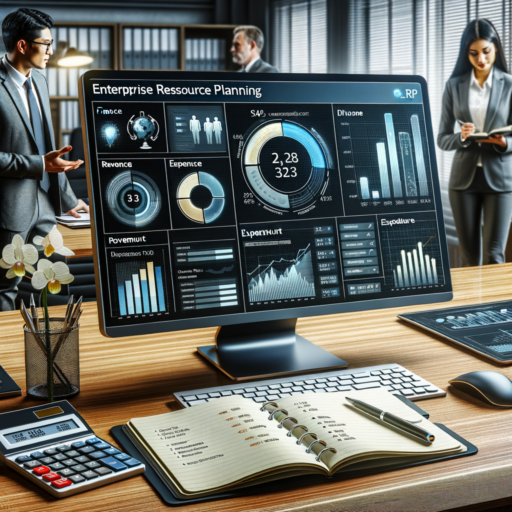When it comes to managing financial accounting processes, businesses often turn to Enterprise Resource Planning (ERP) solutions to streamline operations and improve efficiency. However, with so many ERP systems available in the market, it can be overwhelming to choose the right one for your organization. In this article, we will discuss how to analyze ERP solutions specifically for financial accounting, including evaluating their features and comparing different systems.
Evaluating ERP Solutions for Financial Accounting
One of the key factors to consider when evaluating ERP solutions for financial accounting is the system’s ability to automate and integrate various financial processes. Look for features such as general ledger, accounts payable and receivable, budgeting and forecasting, and financial reporting. A robust ERP system should also have the capability to handle multiple currencies and comply with regulatory requirements. Additionally, consider the scalability of the system to ensure it can grow with your business.
Another important aspect to evaluate when choosing an ERP solution for financial accounting is the level of customization and integration it offers. A good system should be able to integrate with other business applications and allow for customization to meet the specific needs of your organization. This includes the ability to add or modify fields, workflows, and reports to tailor the system to your unique financial processes. Make sure to also consider the ease of use and user interface of the ERP system to ensure smooth adoption and user satisfaction.
Comparing Features of ERP Systems for Financial Accounting
When comparing different ERP systems for financial accounting, it’s essential to look at the specific features each system offers. Compare features such as real-time financial reporting, automated reconciliation, cash flow management, and financial analytics. Consider the system’s ability to generate customizable financial statements and provide insights into financial performance. Additionally, evaluate the system’s security measures to protect sensitive financial data and ensure compliance with data privacy regulations.
In addition to features, consider the cost of implementation and ongoing maintenance when comparing ERP systems for financial accounting. Look at factors such as licensing fees, implementation costs, training expenses, and support services. Consider the return on investment (ROI) of each system and weigh the benefits against the costs. It’s also important to assess the vendor’s reputation, customer support, and track record of successful implementations. By thoroughly evaluating and comparing ERP systems for financial accounting, you can make an informed decision that aligns with your organization’s goals and requirements.
Analyzing ERP solutions for financial accounting requires a thorough assessment of each system’s features, customization options, integration capabilities, and cost. By carefully evaluating and comparing different ERP systems, businesses can select a solution that meets their financial accounting needs and helps drive growth and efficiency. Keep in mind the specific requirements of your organization and consider factors such as scalability, security, and vendor support when making your decision. With the right ERP system in place, you can streamline financial processes, improve decision-making, and drive success for your business.


